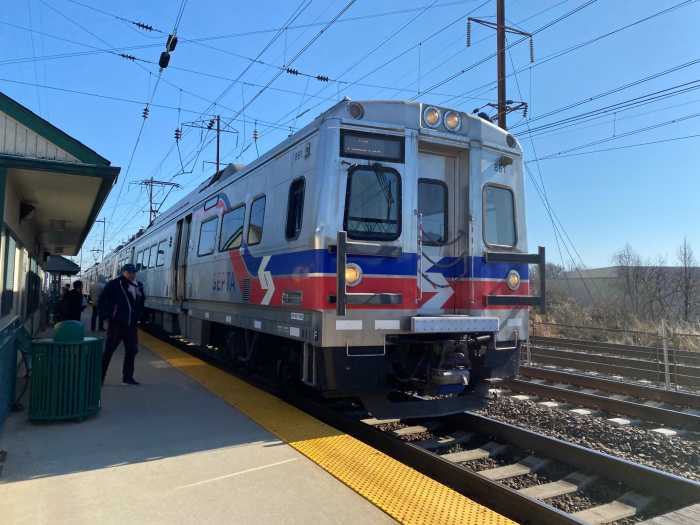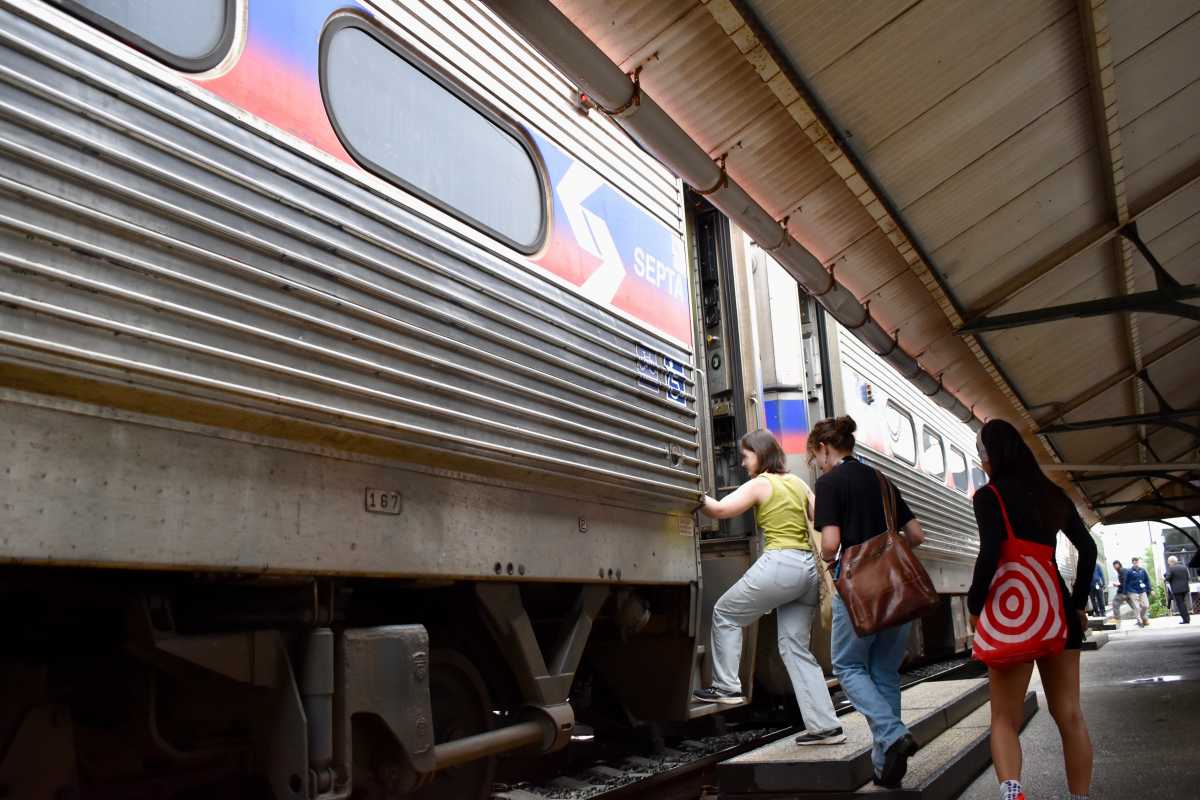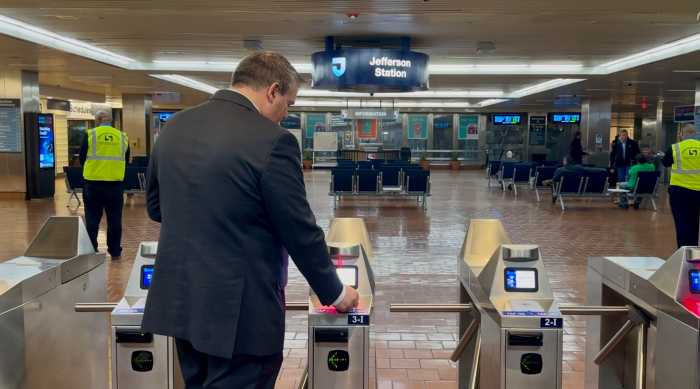Riders of SEPTA’s Regional Rail system have likely noticed an influx of cancellations and delays over the past couple of weeks.
No, the authority is not trying to give passengers a taste of the impending service cuts, and the disruptions do not stem – at least directly – from SEPTA’s current budget crisis.
A pair of recent fires inside SEPTA’s 50-year-old train cars is to blame. More than 300 riders were forced to evacuate after a blaze inside a vehicle in February near the Crum Lynne stop. On July 22, a similar incident happened on a train at the Paoli station.
Fires spark safety concerns
Photos shared by the local company show flames and thick smoke emanating from rail cars involved in last month’s fire.
SEPTA has not determined the cause of either incident, and the National Transportation Safety Board is investigating both cases. No serious injuries have been reported.
In the meantime, the authority has been pulling cars off the tracks when a maintenance light flashes indicating the possibility of overheated brakes, agency spokesperson Andrew Busch told Metro.
Previously, SEPTA crews checked the cars in the middle of a run. Busch said the added layer of inspection is being added as an “abundance of caution practice” and that it’s not clear whether hot brakes are the problem.
SEPTA has been trying to keep trains running, with fewer cars per line in some instances, leading to cramped conditions. However, the issue has caused numerous last-minute cancellations.
“We expect it to get better from here but don’t have a clear timeline on when it’s going to stop being regular disruptions for customers,” he said Monday. “Unfortunately, it is a bit fluid and will probably stay that way for a little while as we work through it.”

The authority is collaborating with the NTSB and the Federal Railroad Administration on ways to ramp back up service safely, officials said. No new schedules have been published, though officials say they are trying to warn customers of scrapped trips ahead of time, if possible.
Aging fleet under pressure
Busch said the affected train cars are Silverliner IVs, which hit the tracks in the mid-1970s and make up 60% of the Regional Rail fleet.
“It’s part of the reason why we’re hoping for a funding solution that keeps the funds that we have for capital improvements intact,” he added, “because there is such a need, an urgent need to get moving on procurements to replace these cars.”
State Senate Republicans passed mass transit legislation last week that would have reallocated dollars from a fund dedicated to capital projects to cover operating expenses. It was voted down in the House, where Democrats hold a majority.
While SEPTA’s capital program incorporates a plan to replace the Silverliner IV cars, no contract has been issued yet. The cost is estimated to be $1.7 billion, but the funding is not available, according to the authority.



























